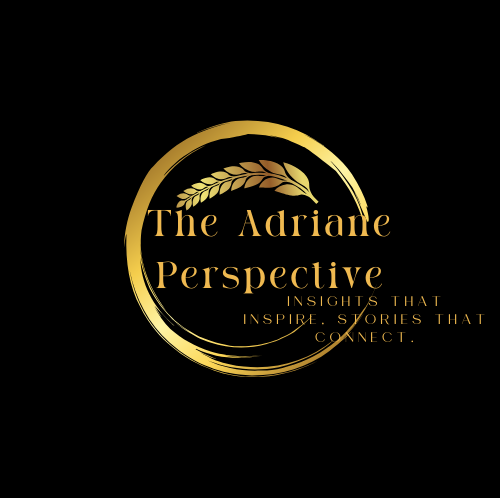A significant rift has emerged within the tech community and among supporters of Donald Trump’s MAGA movement over the H-1B visa program, which allows U.S. companies to employ foreign workers in specialty occupations. This debate has intensified following President-elect Trump’s recent endorsement of the program, aligning with tech leaders like Elon Musk and Vivek Ramaswamy, and causing friction with some of his staunchest supporters.
Tech Leaders’ Advocacy for H-1B Visas
For tech leaders, the H-1B visa program isn’t just about policy—it’s about survival in an increasingly competitive global landscape.
Elon Musk, CEO of Tesla and SpaceX, has been one of the program’s most vocal advocates. Drawing from his personal experience as a former H-1B visa holder, Musk argues that the program is essential for attracting top-tier engineering talent necessary to maintain America’s edge in technology and innovation.
“The reason I’m in America along with so many critical people who built SpaceX, Tesla, and hundreds of other companies that made America strong is because of H1B,” Musk stated firmly.
Vivek Ramaswamy, co-chair of the Department of Government Efficiency (DOGE) alongside Musk, echoes this sentiment. He believes that America’s cultural undervaluation of excellence in science and engineering has led to a reliance on international talent to fill critical roles.
“There is a permanent shortage of excellent engineering talent. It is the fundamental limiting factor in Silicon Valley,” Ramaswamy emphasized.
For both men, the H-1B visa program is not just a tool for economic growth—it’s a cornerstone for innovation and technological dominance.
MAGA Supporters’ Opposition
While tech leaders rally behind the H-1B visa program, MAGA supporters see it as a betrayal of Trump’s original promises. Critics argue that the program:
• Displaces American workers by favoring cheaper foreign labor.
• Suppresses wages in the tech sector.
• Is vulnerable to exploitation by corporations looking to cut costs.
Far-right activist Laura Loomer publicly criticized the appointment of Sriram Krishnan—an advocate for skilled immigration—as a White House policy adviser on artificial intelligence, calling it a move contrary to “America First” policies.
This opposition has spilled onto social media platforms, where the debate has turned increasingly hostile. Musk, who is no stranger to online confrontations, responded to criticism with a fiery rebuttal:
“Take a big step back and F**K YOURSELF in the face. I will go to war on this issue the likes of which you cannot possibly comprehend.”
The intensity of the backlash reveals deep divisions within Trump’s coalition, as populist MAGA voices clash with pro-business conservatives.
President-elect Trump’s Stance
Donald Trump’s current endorsement of the H-1B visa program marks a notable shift from his rhetoric during the 2016 presidential campaign. Back then, Trump called the program “very bad” and argued it was “unfair to American workers.”
However, his stance has evolved. Recently, Trump stated:
“I have many H-1B visas on my properties,” highlighting the practical reliance on these visas for highly skilled labor.
This pivot aligns Trump more closely with Musk and Ramaswamy, yet risks alienating key segments of his MAGA base who view the H-1B program as an existential threat to American job security.
Implications for the Tech Community and the MAGA Movement
At its heart, this rift highlights a fundamental tension between two competing priorities:
1. The Tech Industry’s Demand for Skilled Labor: Innovation depends on a consistent pipeline of highly skilled workers, which the H-1B visa program helps maintain.
2. MAGA’s Emphasis on American Job Security: Many supporters feel that prioritizing foreign talent undermines opportunities for domestic workers.
For the incoming administration, balancing these two priorities will be a daunting challenge. Any missteps could fracture an already fragile coalition while risking economic repercussions in one of America’s most vital industries.
What Happens Next?
The H-1B visa debate is more than just political theater—it’s a reflection of America’s ongoing struggle with immigration, innovation, and economic policy.
As the tech community and MAGA supporters continue to clash, one thing is clear: The digital economy isn’t slowing down. Whoever fills these jobs—whether domestic workers, H-1B visa holders, or others—will play a significant role in shaping America’s future.
For now, the tech world holds its breath, and the political landscape braces for the next chapter in this evolving saga.
